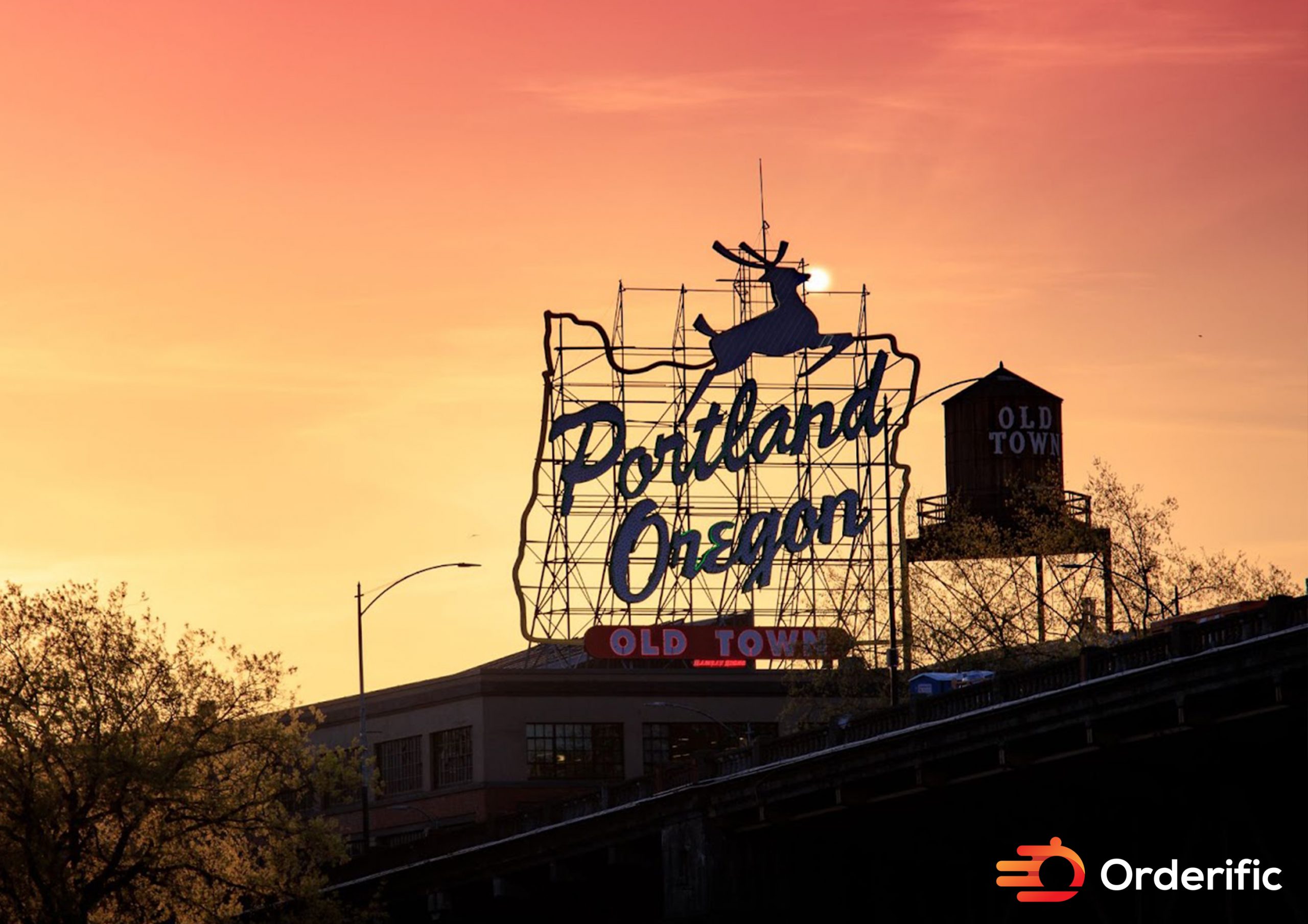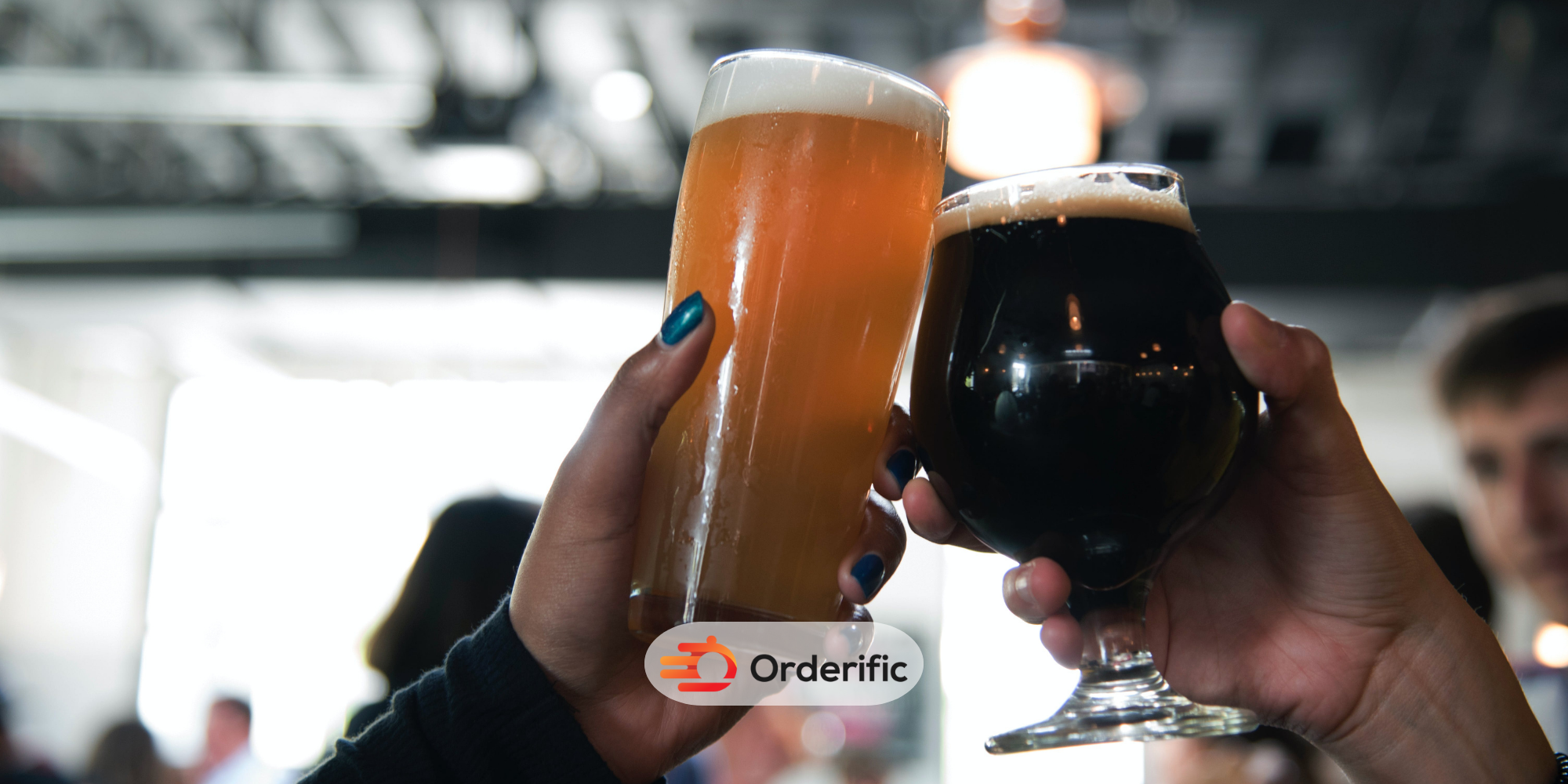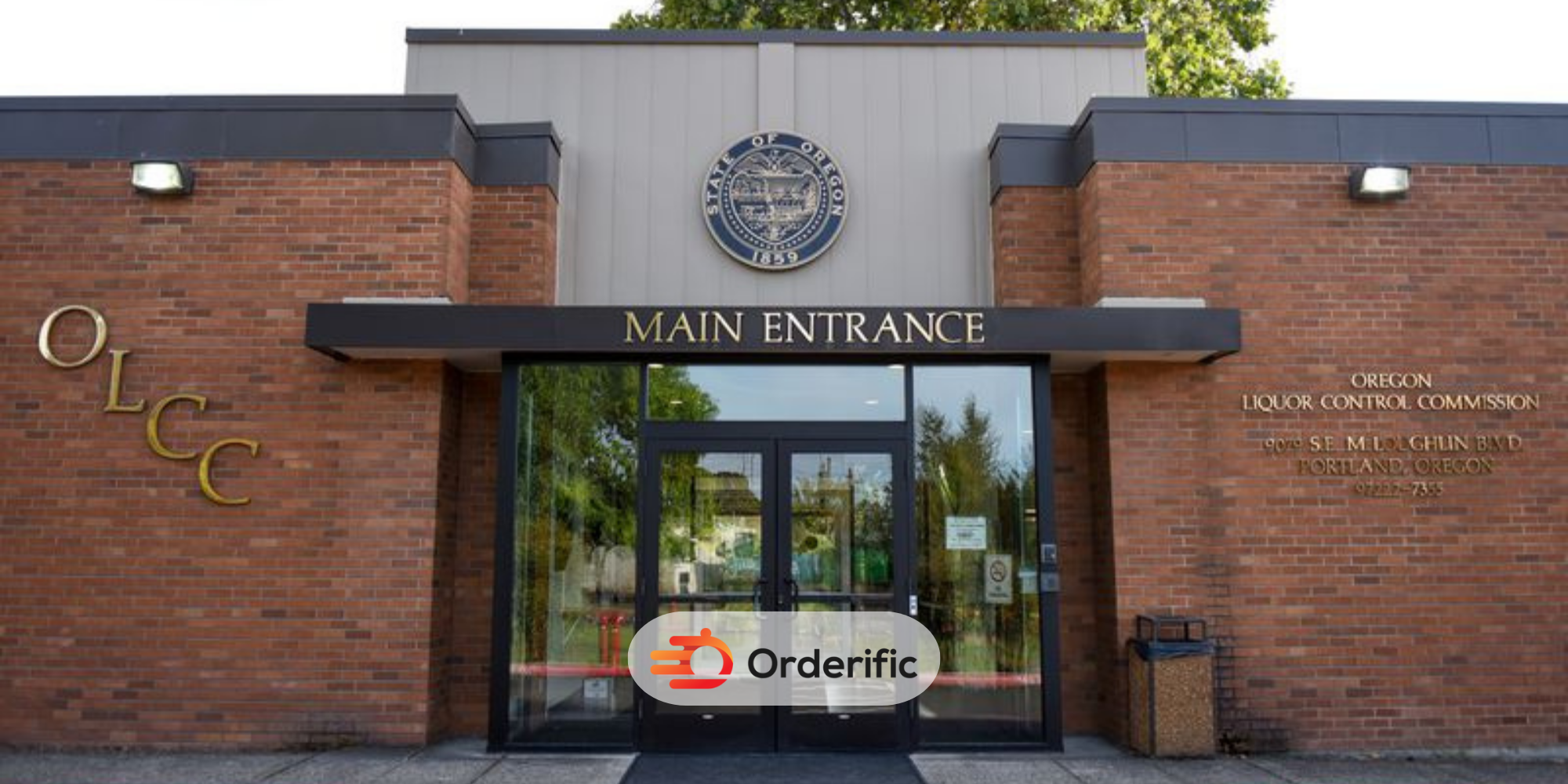The Role of the OLCC in Regulating Alcohol in Oregon
Since 1933, the Oregon Liquor Control Commission (OLCC) has been the primary force in ensuring that the consumption and distribution of alcohol and recreational marijuana in Oregon is undertaken responsibly. The commission is integral to Oregon’s proactive public health and safety stance.
The most salient responsibility of the OLCC is its duty to manage alcohol service permits. These permits are vital for anyone who intends to serve alcohol in an establishment licensed for this purpose within the state of Oregon. But procuring this permit is a more complex task. It requires more than merely filling out an application form. Acquiring a liquor license in Oregon is widely acknowledged for its comprehensive nature.
Every application received by the OLCC is subject to a detailed examination to ensure the applicant is thoroughly familiar with and prepared to comply with state regulations regarding alcohol. This vetting process is crucial in safeguarding public safety. It is the foundation for a reliable alcohol service environment within the state.
Moreover, the OLCC’s duties extend beyond alcohol and into the burgeoning industry of recreational marijuana. The OLCC is responsible for granting marijuana licenses to cannabis retailers, ensuring that the same rigorous standards governing the alcohol industry are upheld in the marijuana sector. This ensures the accountable distribution and consumption of recreational marijuana throughout Oregon.
The Impact of the OLCC on the Alcohol Industry in Oregon
In Oregon, alcohol retailers operate under the diligent supervision of the OLCC. The commission’s steadfast enforcement of liquor regulations is instrumental in fostering a standardized, safe environment for the sale and consumption of alcohol. The state’s public health and safety initiatives greatly enhance, leading to significant advantages. Additionally, fostering a climate of mutual trust between retailers and consumers is another key outcome.
Collaboration is critical in maintaining and improving upon the existing framework. Regular consultations between the OLCC, the Oregon Department, and the Oregon Health Authority allow for a periodic review of the regulations in place. The feedback and insights garnered during these sessions can lead to revisions and updates of existing rules, ensuring they are as adequate and relevant as possible.
Furthermore, the influence of the OLCC isn’t confined to regulatory enforcement. Through its managers, the commission also shapes the diversity of alcoholic beverages available to the residents of Oregon. From rare whiskey to bourbon, the array of unique offerings curated by the OLCC does more than cater to the eclectic tastes of consumers. It also plays a part in enriching the alcohol culture within the state.

Understanding OLCC Regulations: What Businesses Need to Know
For businesses considering entering the alcohol or recreational marijuana market, understanding the game’s rules is essential. And the rules are set by the OLCC. The official websites of the OLCC, which include its primary website and several auxiliary sites, are a treasure trove of information on everything from the application process for a service permit to specific requirements for different types of licenses.
But the OLCC is more than just a regulatory body. It is also a partner that businesses can turn to for guidance and advice. Prominent figures within the commission, such as Commissioner Chris Mayton and Craig Prins, can lend their expertise. You can easily find their contact information on the official websites of the OLCC, enabling businesses to reach out to them for consultations effortlessly.
Adhering to the regulations set by the OLCC is an essential requirement. To ensure this, the OLCC conducts investigations into instances of non-compliance. This includes investigations within the agency and criminal investigations involving licensees. Adherence to the regulations is not just crucial for maintaining one’s license. Still, it is also an integral aspect of public safety.
Temporary permits issued by the OLCC are another vital consideration for businesses. These permits offer companies the opportunity to sell alcohol at special events. However, these are subject to the same rigorous scrutiny as regular licenses. This highlights the commitment of the OLCC to maintaining a safe and responsible alcohol industry across all platforms.
Conclusion
The OLCC holds a pivotal role in regulating the alcohol and recreational marijuana industries in Oregon. From the detailed examination of permit applications to the provision of resources and guidance to businesses, the OLCC plays an integral part in maintaining public health and safety.
Additionally, it aids in fostering a diverse and enriched alcohol culture within the state. By strictly enforcing regulations and conducting regular consultations to update these rules, the commission creates an accountable, safe environment for both consumers and businesses.
Consequently, the OLCC stands as a beacon of responsible management and regulatory excellence, ensuring the responsible distribution and consumption of alcohol and recreational marijuana in Oregon.
In case you want more content like this, visit Orderific right now!
FAQs
What is the function of the OLCC?
Its mandate entails overseeing permits and licenses, ensuring regulatory adherence, and facilitating the availability of alcoholic beverages through state liquor stores.
What is the history of the OLCC?
Established in 1933 after the prohibition era, the OLCC has been a key player in overseeing and governing the alcohol industry.
What is the involvement of the OLCC in alcohol regulation in Oregon?
The Oregon Liquor Control Commission (OLCC) plays a pivotal role in overseeing the efficient distribution of alcoholic beverages throughout the state.
What types of businesses does the OLCC oversee?
The OLCC plays a crucial role in supervising a wide range of businesses involved in the legal sale of alcoholic beverages or recreational marijuana.













